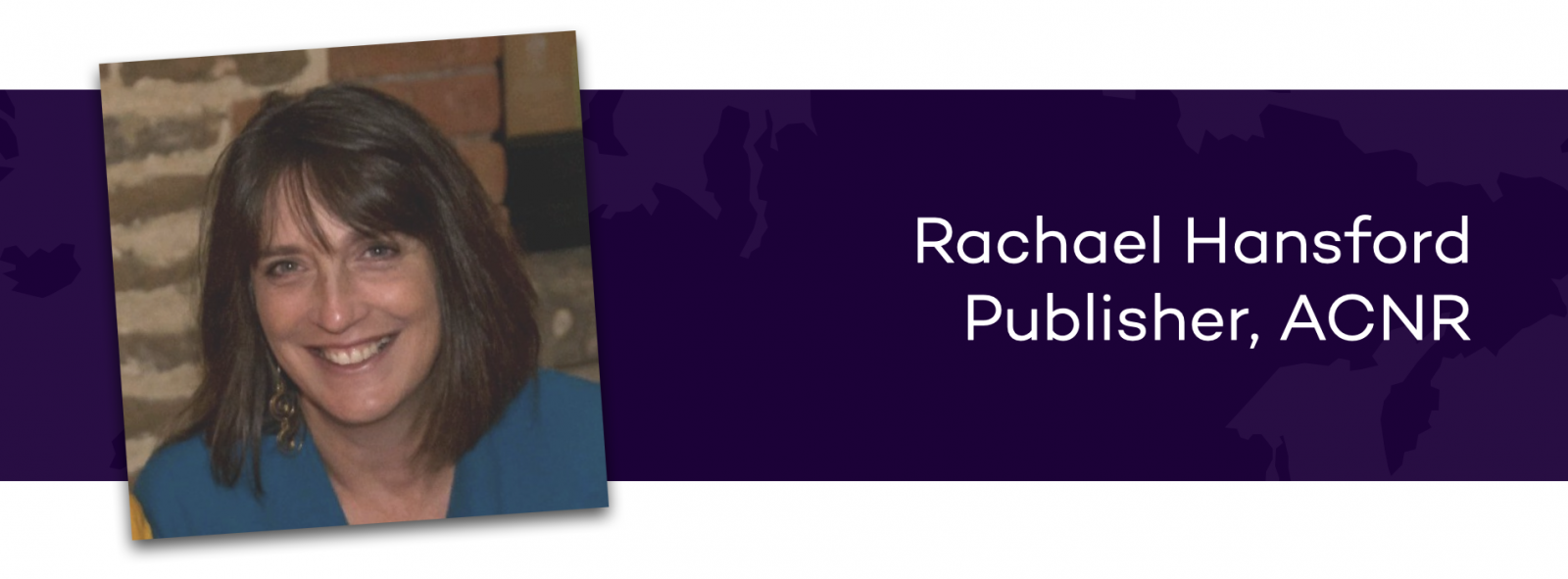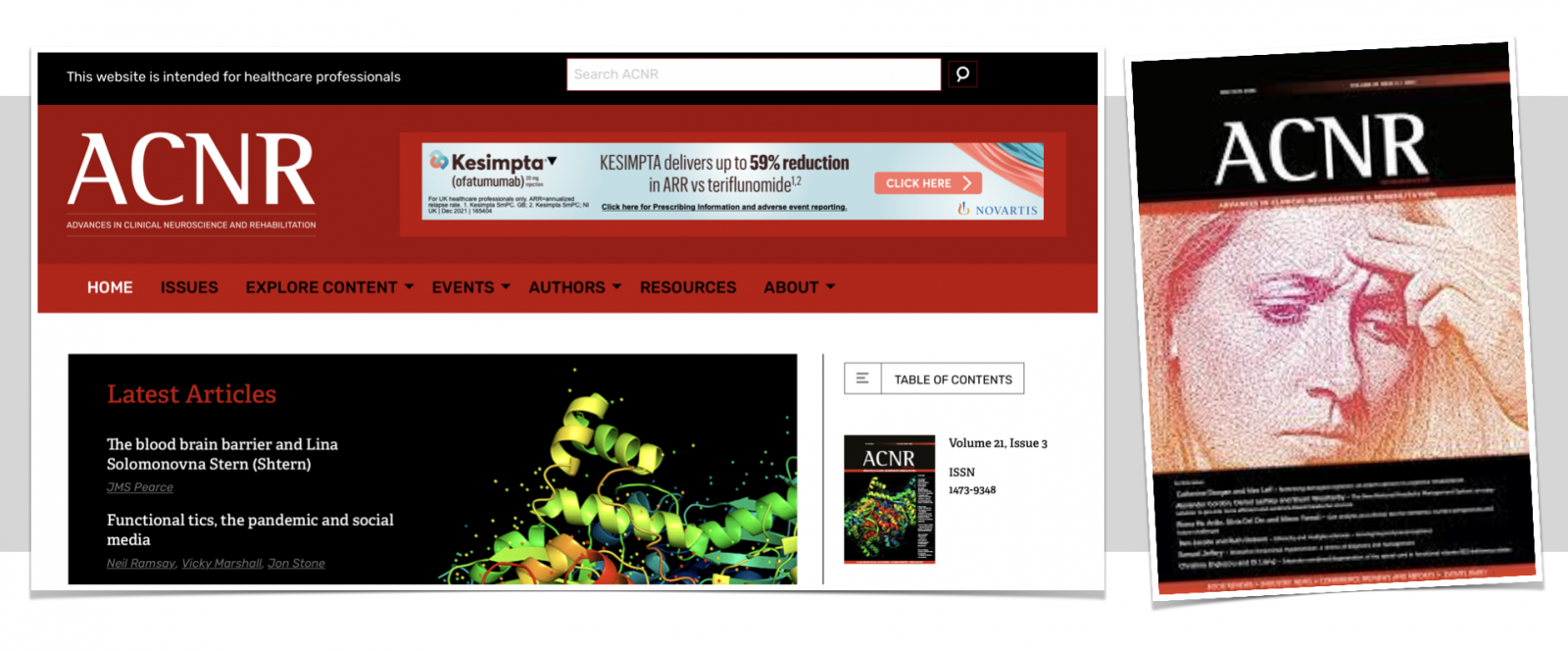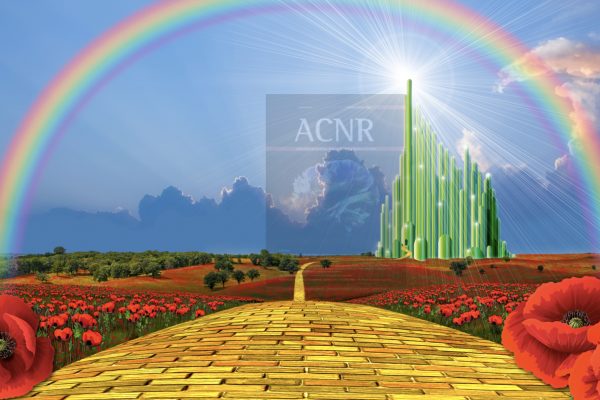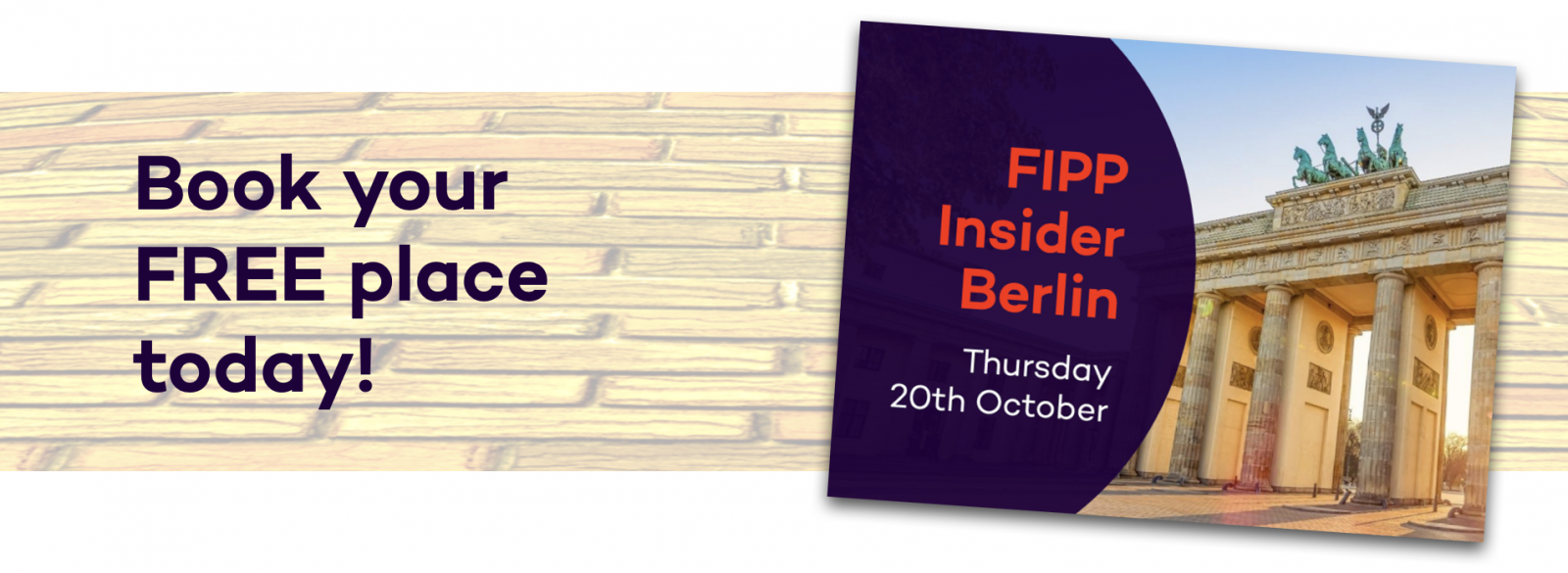“I felt a bit like the Wizard of Oz, hiding behind a curtain and pretending to be bigger than I was!” — ACNR’s Rachael Hansford on the commercial side of the indie print scene
In recent months, we’ve waxed lyrical about the growth of the indie print scene, and what MagCulture’s Jeremy Leslie says is a creative process that can be comparable with “experimental filmmaking or music.” But what of the commercial side of the industry? Indie, by its very nature, refers to publications that don’t have (and in many cases don’t seek) the backing of a Conde, or a Hearst, or a Bezos. So just how is this side of the indie model managed?
Well of course, there are no universal rules – that again is one of the things that makes independence so appealing! But to gain an insight, FIPP has invited Rachael Hansford, Publisher of ACNR (Advances in Clinical Neuroscience & Rehabilitation), to speak at our Insider Berlin event, which takes place at Fabrik 23 next Thursday 20th October, and ahead of that convening, we caught up with Hansford to get the inside track…

“I started the journal 22 years ago,” Hansford tells us at the outset. “I don’t have a background in medicine, but worked in Edinburgh for a publisher with journals in similar format. I have a brother who has had three serious brain injuries, so my connection to the field is very personal and that inspired me to launch a magazine into this field.”
Connection to the field seems to be a stock component in the indie story, where irrepressible passion and direct influence can often see the vision of just one individual transformed into a burgeoning platform. For Hansford, this hands-on, almost 360° approach to publishing is what has allowed the journal to punch above its weight over the years, although she uses a slightly more eloquent analogy…
“I’m responsible for everything, including bringing in ad-sales revenue, which allows us to publish an open access journal. I kicked-off the publication working from home, using a freelance designer for layout, and now also have an editorial co-ordinator on-board.”
“At the time of ACNR’s inception, printing from PDFs was brand new technology, and working from home was unusual… I always say I felt a bit like the Wizard of Oz, hiding behind a curtain and pretending to be bigger than I was ? Our first website just had PDFs of the articles and each issue on it.”
The title of Rachael’s presentation at the Insider event is ‘Building a resilient, independent, print-led B2B media business’, and it’s this B2B aspect that provides such a unique perspective.
Again, when we talk about the indie publishing scene, we often think about more consumer-orientated niches, and independent editors and publishers bringing what are at times underrepresented topics into the mainstream.
But the subject-matter of ACNR is one that touches all corners of society, and in the reporting thereof, such content requires as much of a scientific, as it does an artistic, approach.
“As we developed, we changed from being a magazine to a medical journal, which has involved introducing peer review and registering articles with online databases. However, we never took the time to step back and look at our processes, which became really frustrating. Covid presented an opportunity to rethink, and we joined the Workflow planning course with Kilian Schalk, run by the International Magazine Centre.”
“We made good progress, but very sadly our longstanding designer and friend, Donna Earl, died unexpectedly at the end of August. For a small, geographically distant team this could have been disastrous, but thanks to our new processes we have been able to continue using the systems which Donna helped to put in place.”

For a more intricate telling of the ACNR story, you can listen to a special 20th anniversary podcast episode (recorded in 2021) here. In it, Hansford is joined in conversation by Neurology Registrar Srikirti Kodali, as well as Founding Editor, Roger Baker.
And for those wishing to attend FIPP Insider Berlin in-person, there’s still time! The event is FREE to attend and open to all, and you can find out more here.











